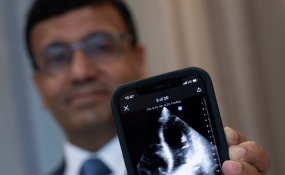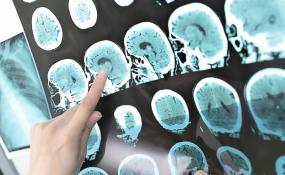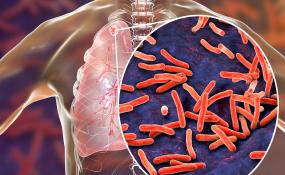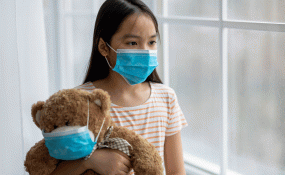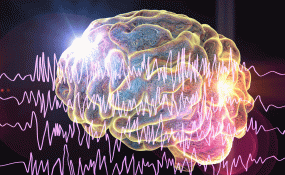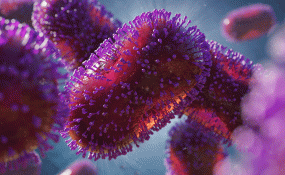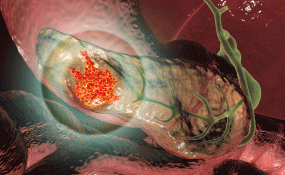Rutgers Health News
For Children With Cancer, Different Neighborhoods May Produce Different Outcomes for Different Races
The Rutgers School of Nursing has been awarded nearly $1 million by the U.S. Department of Health and Human Services’ Health Resources and Services Administration (HRSA) to help address a statewide nursing shortage that was exacerbated during the COVID-19 pandemic.
A Rutgers analysis of U.S. stroke deaths from 1975 to 2019 has found both a dramatic decline and the potential for an important resurgence.
Researchers have developed a novel genome assembly tool that could spur the development of new treatments for tuberculosis and other bacterial infections.
Rutgers has been selected as a clinical trial site for the global Pfizer-BioNTech research study to evaluate the safety and efficacy of the bivalent COVID-19 vaccines in children under age 5.
Despite the refreshing changes the season brings as the temperature slowly drops, it also comes with the seasonal flu. Just about anyone is susceptible to flu viruses, but cancer patients can be especially vulnerable.


